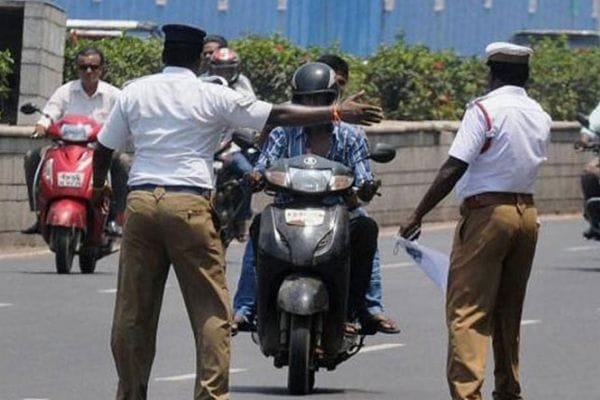The Central Government of India has made amendments to the Central Motor Vehicle Rules, 1989, and added a Chapter VIA for the protection of 'Good Samaritans'.

Who is considered as Good Samaritans?
As per the section 134A of the Motor Vehicle Act, a person who voluntarily helps a victim of a motor vehicle accident and brought/transport him/her to the hospital, considered as "Good Samaritan".
What amendments have been made in the Motor Vehicles Rules to protect 'Good Samaritans'?
The Central Government has done some changes to the CMVR, 1989, and made rules for the procedure for questioning or examination of the Good Samaritan, disclosure of personal information of the Good Samaritan, and such other related matters. The draft of the rules was issued in the notification of 26th February 2020. On 29th September, MoRTH has notified the rules:-
Chapter VIA- Examination and Questioning of Good Samaritan
1. Rights of Good Samaritans
-
Any person who is a Good Samaritan shall have the rights detailed under this chapter, and shall be treated respectfully without any discrimination on the grounds of religion, nationality, caste, or sex.
-
A Good Samaritan who has informed the police of any accident involving a motor vehicle, or who has transported a victim of a motor vehicle accident to the hospital, shall not be subjected to any further requirements by the police or the hospital and shall be permitted to leave immediately.

-
No police officer, any other person, shall compel a Good Samaritan to disclose his/her name, identity, address, or any other personal details. He/she may voluntarily choose to disclose his/her name, address, and name of the injured person (if known) to the police officer.
-
If the Good Samaritan has voluntarily disclosed his/her name or personal details, the police officer shall not compel such person to become an eye-witness in the case, and the choice of becoming an eye-witness shall solely rest with the Good Samaritan.
-
A Good Samaritan who transports a victim of an accident involving a motor vehicle to the hospital shall not be forced to:- (a) disclose any personal information, such as his/her name, telephone number, and address, including for the purpose of the Medico-Legal Case Form; (b) fulfill any procedure related to the admission of an injured person or victim at the hospital; or (c) bear any medical expenses towards the treatment of an injured person or victim.
-
Every hospital shall publish a charter in Hindi, English, and vernacular language, at the entrance or other conspicuous location, stating the rights of Good Samaritans under the Act and this rule.

2. Examination and Questioning of Good Samaritans
- If a person has voluntarily agreed to become a witness in the case in which he/she has acted as a Good Samaritan, he/she shall be examined in accordance with the provisions of this rule.
- The examination of a Good Samaritan shall be conducted at a time and place of his/her convenience and the investigating officer shall accordingly be dressed in plain clothes.
- In case the Good Samaritan has volunteered to become an eye-witness, he/she shall be permitted to give the evidence on affidavit in accordance with Section 296 of the Code of Criminal Procedure 1973. The police officer shall ensure that the complete statement or affidavit of the Good Samaritan shall be recorded in a single examination (as far as possible).
- In case the attendance of a Good Samaritan cannot be procured without delay, expense, or inconvenience, which under the circumstances of the case would be unreasonable, or the examination is unable to take place at a time and place of his convenience, the Court of Magistrate may appoint a commission under Section 284 of the Code of Criminal Procedure, 1973 to conduct the examination, on an application made thereunder








